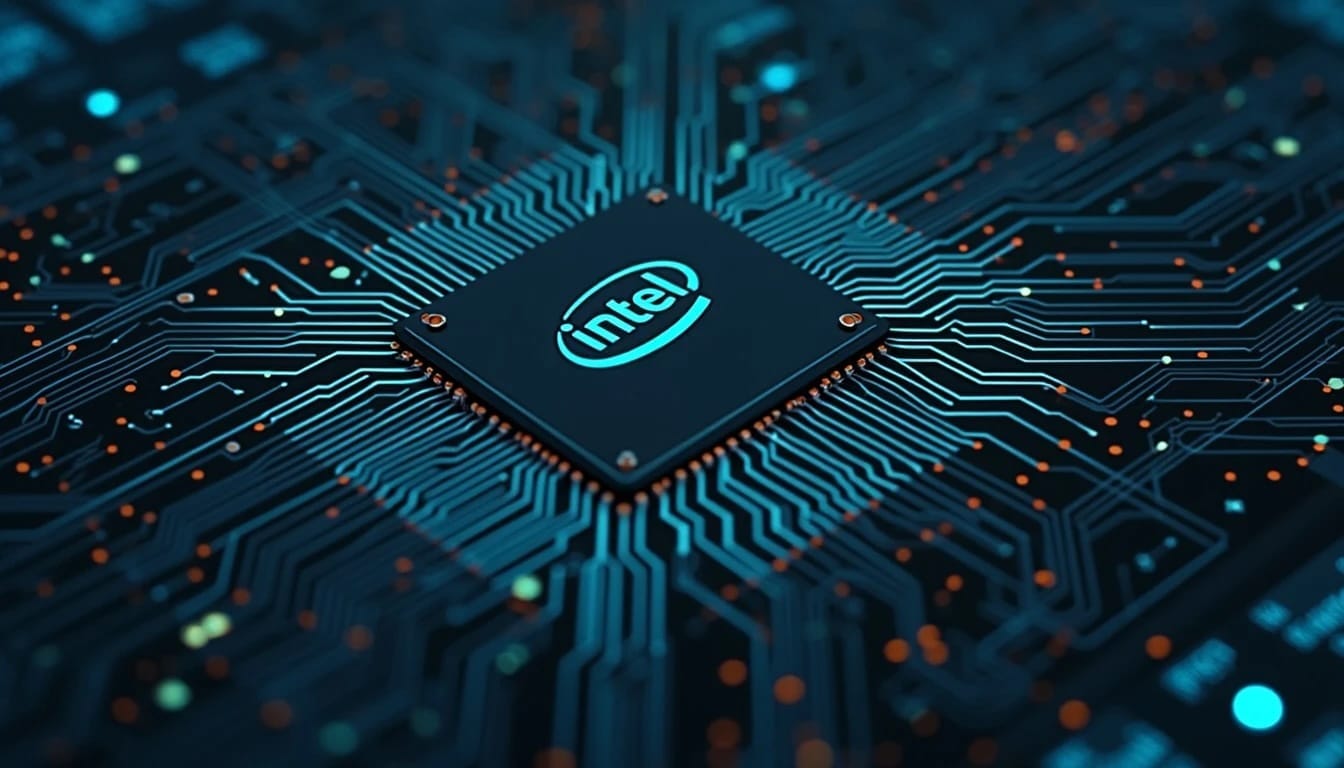The microcode update for 13th and 14th generation processors solves voltage issues, but with a possible reduction in performance.
Intel has finally confirmed that the issue affecting Raptor Lake processors of the 13th and 14th generation is related to microcode 0x12B, an update that has caused instability in the minimum voltage (Vmin) of the CPUs. After nearly a year of research and multiple failed attempts at a solution, the company has released this new version of the microcode with the promise of definitively solving the issue.
Microcode 0x12B aims to mitigate system instability caused by a change in the internal clocks of the processors, especially under conditions of high voltage and temperature. Thomas Hannoford, Intel spokesperson, confirmed to The Verge that affected users must update the BIOS of their motherboards to implement this patch, which includes previous solutions that did not completely resolve the problem.
Causes of instability in Raptor Lake
Intel identified that the instability was due to a failure in the core IA clock tree circuit, which was particularly vulnerable to aging under high temperature and voltage conditions. This situation caused a change in the clock duty cycle, leading to system instability.
Intel identified four main scenarios that could cause a change in Vmin in the affected processors:
- Excessive power supply on the motherboard: Power supply configuration exceeded Intel’s recommendations.
- Solution: Follow the recommended default settings for 13th and 14th generation CPUs.
- eTVB algorithm: Allowed processors to operate at higher performance levels even at high temperatures.
- Solution: Microcode 0x125, released in June 2024, addressed this issue.
- SVID algorithm: Requested high voltages frequently, causing a change in Vmin.
- Solution: Microcode 0x129, released in August 2024, adjusted this behavior.
- Microcode and BIOS codes: Requested high voltages in the core, especially during low activity periods.
- Solution: Version 0x12B, released in September 2024, bundles previous solutions and adjusts the requested voltage in these scenarios.
Performance Impact: A hidden downgrade?
However, despite the solutions provided, early tests conducted by users on platforms like Chiphell have shown that microcode 0x12B could have a negative impact on CPU performance, particularly on Intel Core i9-13900K. According to the results, the performance drop ranges between 3% and 7% in performance tests like Cinebench R15 and Cinebench R23, well above the “typical deviation of less than 1%” promised by Intel.
Additionally, users have noted that the update disables the option to change the C1 Enhanced (C1E) state, a feature intended to reduce power consumption when the CPU is in an idle state. This change, albeit indirect, could explain the observed performance reduction as it limits the CPU’s optimization capacity in certain low load tasks.
User Reaction and Doubts About Intel’s Strategy
The tech community has expressed concern over what appears to be a hidden downgrade in Raptor Lake CPUs. With this update, 13th generation processors may be performing at the level of Core 12, while Core 14 processors may not show significant improvements over their predecessors.
This situation has led some to wonder if Intel could be intentionally limiting the performance of older processors to highlight the improvements of the upcoming generation of Arrow Lake-S. Although Intel has not commented on these speculations, the observed performance reduction has raised suspicions about whether this adjustment is a safety measure or a commercial strategy to maximize the differences between generations.
User Recommendation
Intel strongly recommends that Raptor Lake users update the BIOS of their motherboards to apply microcode 0x12B, as it is the definitive solution to the instability issues detected in the 13th and 14th generation processors. However, users should be aware of the possible performance reduction and evaluate whether the stability provided by this update compensates for potential losses in performance tests.
Meanwhile, the tech community will continue to closely monitor the evolution of this issue and how it may impact the perception of Intel processor performance compared to competitors like AMD in future performance tests.

